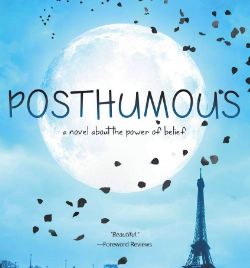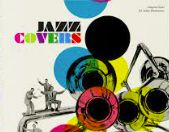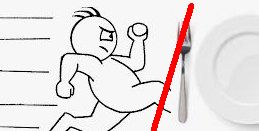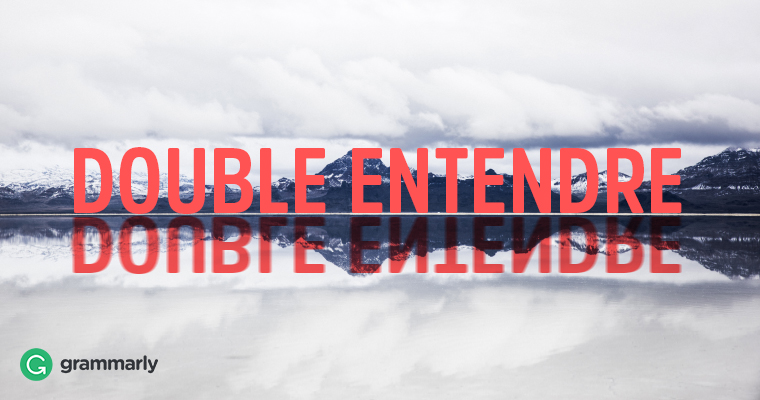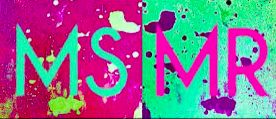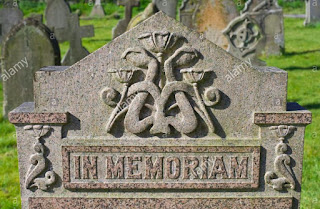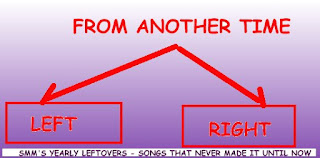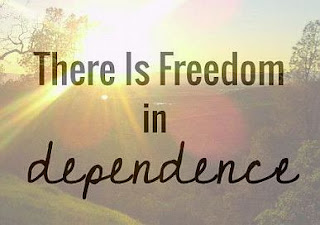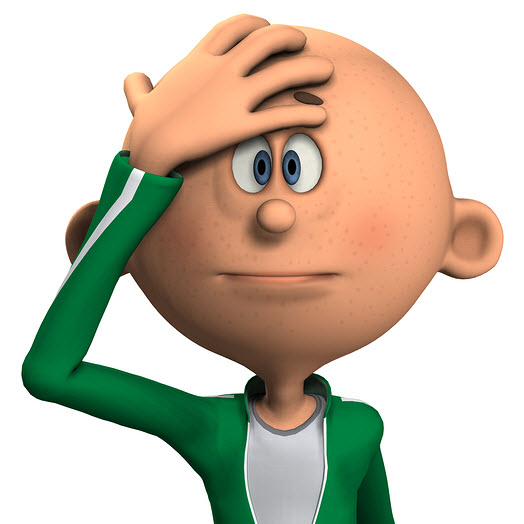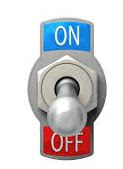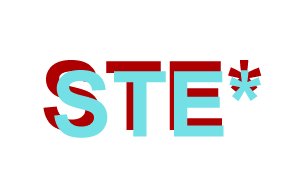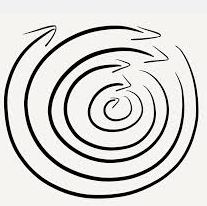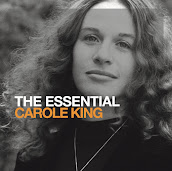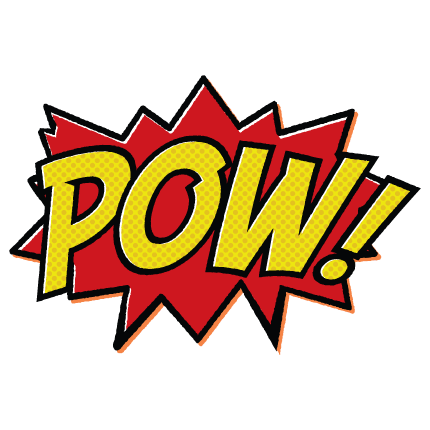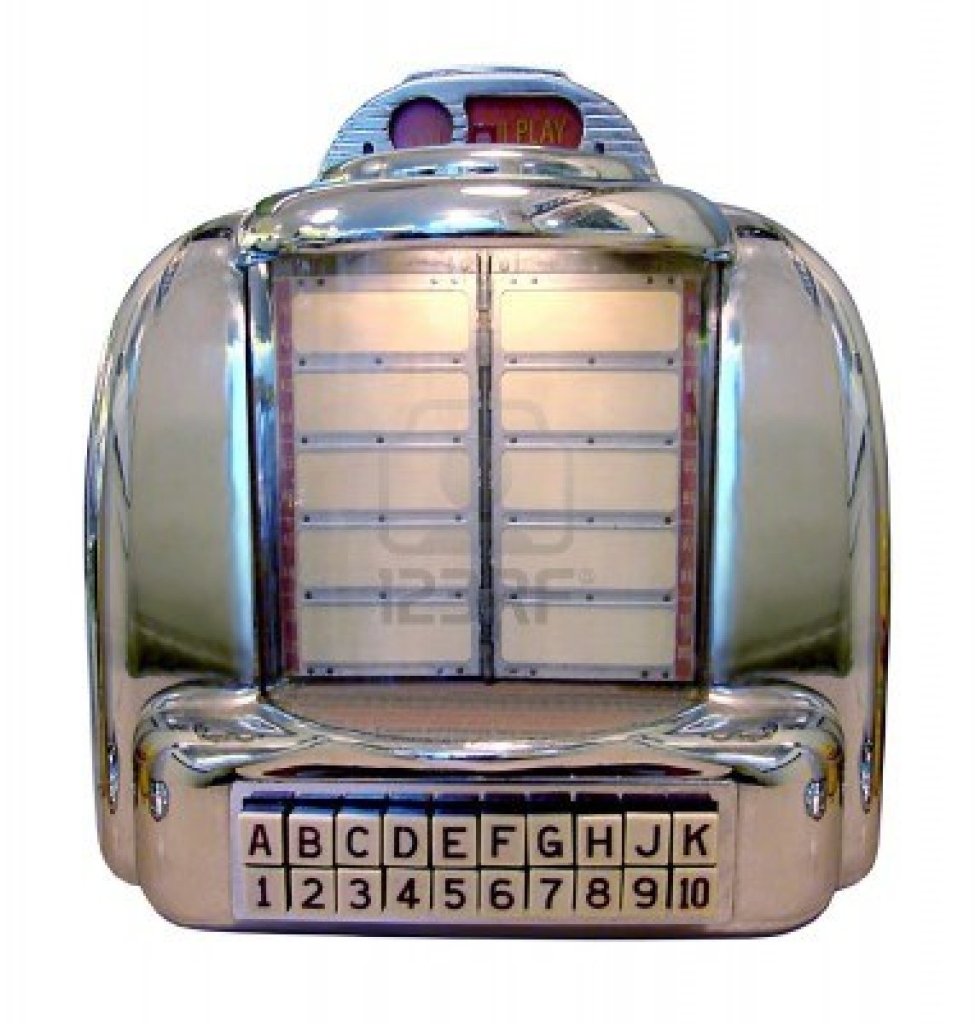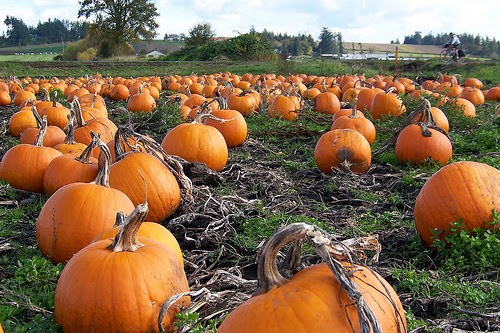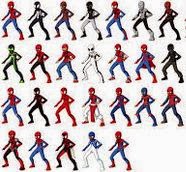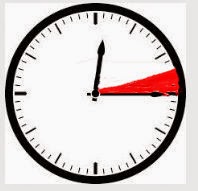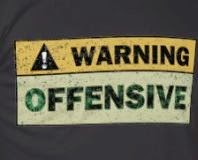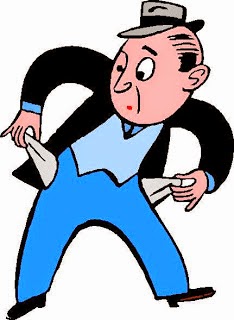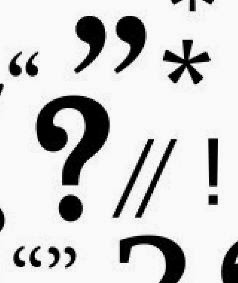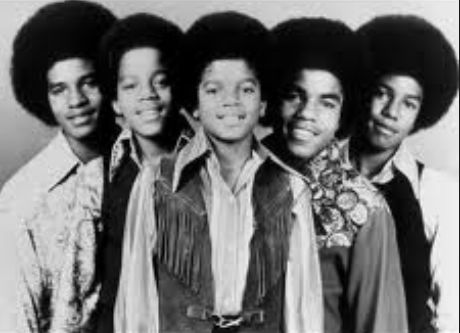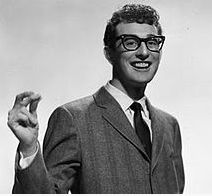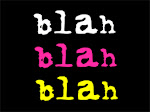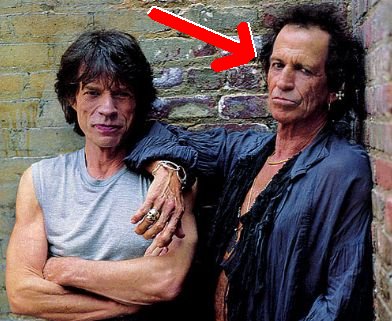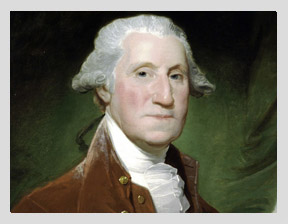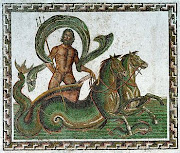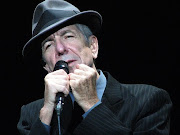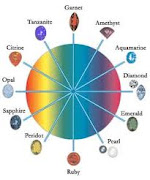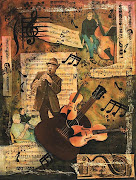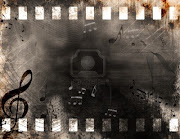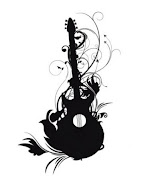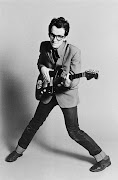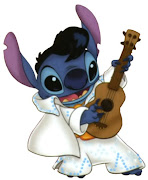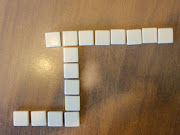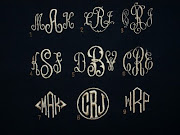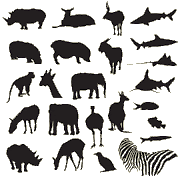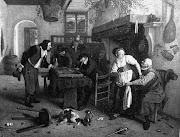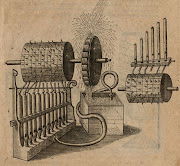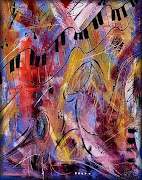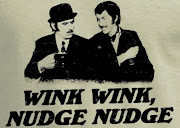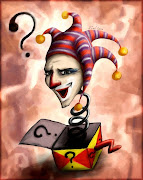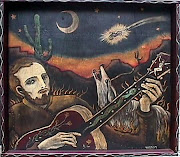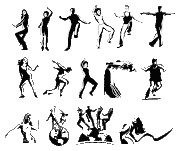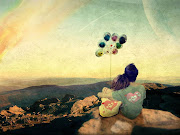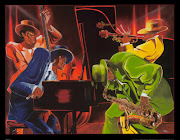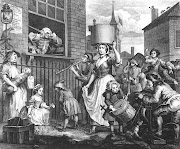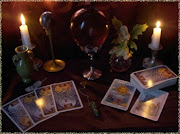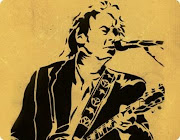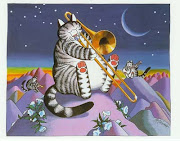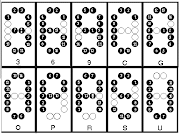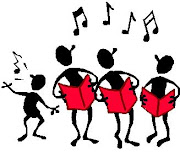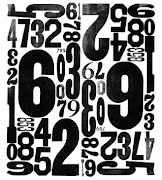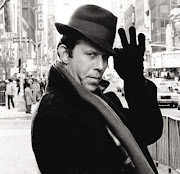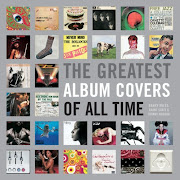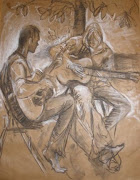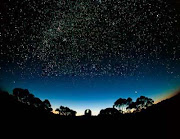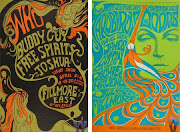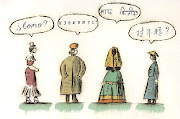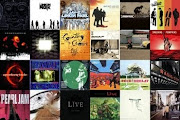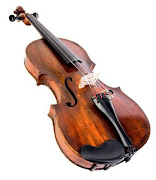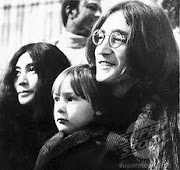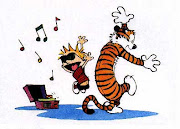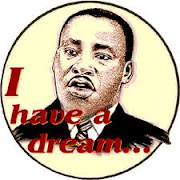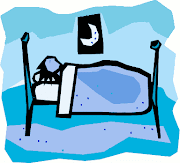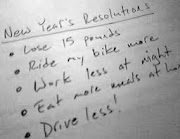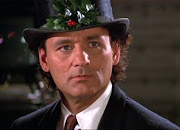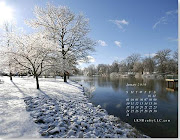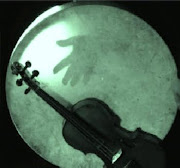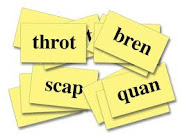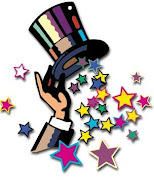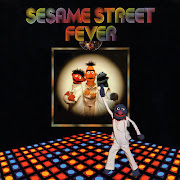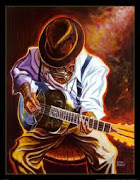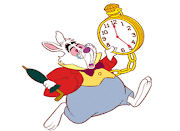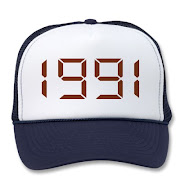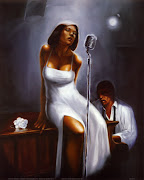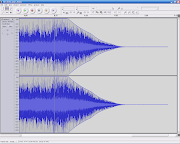Dar Williams: Wilder Than Her
[purchase] out of print EP - 1997
Dar Williams: When I Was a Boy
[purchase]
So... I'm still at my mom's... and my sister took pity on my poor folk-deprived soul and brought me a totebag of OKOM (Our Kind of Music) CDs to keep me company while I'm here - I bought a mini-boombox for the kitchen and I'm finally getting my long-overdue music fix (just hit a vein, baby!)...
A song I'd been planning to post for this week anyway was on a mix I'd made for her years ago - meant to be. In this case, I heard Dar's cover years before I heard Fred Eaglesmith's original... and I always loved that she didn't change the gender - what seems at first to be a "who's wilder than who" competition soon segues to the narrator's (no matter the gender) relief that She brings much-needed balance and peace to their life together...
She takes the fire
And turns it down low
She takes the night
And makes it not so cold
She takes the distance
And breaks it into miles
She makes my life
just a little less wild
Dar's song When I Was a Boy is, to me, the ultimate gender bender - Dar says:
"The feminists are going to say, "Why couldn't you be that way when you were a girl?" But I wasn't like a boy, I was a boy. So there was grit to stick to that strong line. I was describing how I was a boy, and then I was trying to decide how to end the song. I thought the song was going to be a whole thing about women in the world, but I realized it's just not a feminist song. It's not a song about women, it's a song about children. So that's why the ending is "when I was a girl." And that's what made all the difference. Because if it was turning into a feminist manifesto, it would have been really heavy. It would have been like that rib that they put on the car in the Flintstones, and the whole car falls over! It would have been that rib.
I think there is a lot of empathy between men and women, and they want to share, but they get polarized by these debates. I didn't want to feel that I was arguing against men, especially since men get shafted so much by their roles. Actually a lot of women that I speak to who would have been the separatists, they feel sorry for men. They don't feel like men are the enemy, they feel like men are the victims of these roles."
Saturday, June 20, 2009
Gender Benders: Wilder Than Her
Posted by Susan at 6:00 AM View Comments
Labels: Dar Williams, Gender Benders
Friday, June 19, 2009
Gender Benders: The Ballad of Mary Magdalen
Richard Shindell: The Ballad of Mary Magdalen
[purchase]
American expat singer-songwriter and ex-seminarian Richard Shindell is known for his ability to give poignant and poetic first-person voice to a wide variety of otherwise-unheard members of society and history -- the immigrant, the cab driver, the civil war widow. He is willing to take on female voices more than most, in fact; off the top of our heads, fellow SMM contributor Susan and I were able to come up with no less than four female-voiced gender benders in the Shindell canon, from the aforementioned war widow to the grandmother-voiced Abuelita to Money For Floods, a gorgeous lamentation from the perspective of a woman who thought she was living okay on the edge until she lost it all to tragedy.
Of the four, I like this one best -- it's straightforward, philosophical, and eminently feminist without losing its perfectly melancholy core, and the live version beats the early original by a hair. But the others are all amazing in their own powerful way.
Posted by boyhowdy at 7:23 PM View Comments
Labels: Gender Benders, Richard Shindell
Gender Benders: Christmas Card From A Hooker In Minneapolis

Tom Waits: Christmas Card From A Hooker In Minneapolis
[purchase]
In every Tom Waits song, there's always (at least) one killer line, like "Never drive a car when you're dead" or "I got a hole in my roof, the shape of a heart".
My favorite one in this song : "Hey Charlie I think about you/Everytime I pass a fillin' station/On account of all the grease/You used to wear in your hair"
The first words, "Hey Charlie I'm pregnant", make no doubt. The narrator is a woman, and despite Wait's voice, we buy it. A beautiful story from one of his greatest albums, one that reads like a hard boiled novel. Sad, poignant of course, but beautiful.
Posted by Nicolas at 12:39 PM View Comments
Labels: Gender Benders, Tom Waits
Gender Benders: Now I’m Your Mom
David Byrne: Now I‘m Your Mom
[purchase]
I know a couple with two kids. When the kids had both reached the age of eighteen, the woman of the couple decided to do something she had always, apparently, wanted; she set about, with her husband’s approval, becoming a man. So now those kids have two fathers.
So, what David Byrne has imagined here is not impossible. Here is Byrne’s tale of a “new” mother, explaining to her daughter what happened to Daddy. To my knowledge, David Byrne is, and has always been, male.
Posted by Darius at 1:42 AM View Comments
Labels: David Byrne, Gender Benders
Thursday, June 18, 2009
Gender Benders: I'll Be That Girl
 Barenaked Ladies: I'll Be That Girl
Barenaked Ladies: I'll Be That Girl
[purchase]
The Barenaked Ladies' evoke a bit of a gender bending spirit simply due to the fact that these "Ladies" are actually five Canadian goofballs who are most certainly not females.
In this track from their mega-hit album, 1998's Stunt, the guys bend things a little further. At first listen, it all seems like just another batch of nonsense from the band that boasts many other comical and colorful songs in their catalogue. There is a darker side to this song, however, with talk of sadness, madness, and using a gun to ensure there is no tomorrow.
It's unclear in the song just who exactly singer Stephen Page is willing to change for, but it is clear that person has no interest in the narrator as he is. The song stands as a slightly creepy study of obsession.
Posted by Nelson at 4:45 PM View Comments
Labels: Barenaked Ladies, Gender Benders
Gender Benders: Lola
For what you could call a double gender bender, check out The Raincoats and their delightful ´79 postpunk cover of the Kinks hit Lola. The Ray Davies penned original already raised some serious gender issues, but the all-girl Raincoats gleefully upped the ante and didn´t even think of changing Davies´ original he-form. "She picked me up and set me on her knee, and said little boy won´t you come home with me..." Confused? You will be.
Posted by Ramone666 at 3:33 PM View Comments
Labels: Gender Benders, The Raincoats
Gender Benders: House of the Risin’ Sun
Bob Dylan: House of the Risin‘ Sun
[purchase]
The folk process can be a messy business. The identity of a song’s author usual gets lost. Lyrics change, sometimes obliterating the original meaning of the song. Slang expressions that were understood in the song’s earliest days become obscure lyrical mysteries, leading to misunderstandings of the song’s meaning. People steal arrangements of a song from each other. Someone manages to copyright a version of a song which had long been public domain. Sometimes, in the history of a song, a set of lyrics from a completely different song get mixed in. So mixing in a little gender confusion is just one more thing.
The above may seem like a very long list. And surely, you would never find all of that applying to a single song, would you? You would if the song is House of the Rising Sun.
There are two distinct lyrical threads found in versions of House of the Rising Sun. The male version is the story of a gambler who has reached the end of his luck; he must now return to New Orleans to face the debts he incurred at the House of the Rising Sun, apparently a gambling house. But, in the female version, The House is clearly a brothel; the protagonist must return there and live out the rest of her days as a prostitute. There are versions of the female lyric which use strong language and explicit descriptions to eliminate any doubt as to the subject of the song. The “cleaned up” versions of the song were created by artists who wanted to maximize the popularity of their versions.
Dave van Ronk, during the first flowering of the Greenwich Village folk scene in the early sixties, learned House of the Risin’ Sun from a folk singer named Halley Wood. In that scene, all of the musicians knew each other, and often caught each other’s performances. So when Van Ronk performed his original arrangement of the song, it was heard by among others, a young Bob Dylan. The story continues, thus:
“Dave had recently begun playing his new setting for House of the Risin’ Sun at the time young Bob Dylan was recording his first album. One night Bob asked Dave if it would be OK to record the song using the new arrangement, and Dave said, please don't, I plan to record it myself. Bob said, Ooops, too late, I sang it in the studio earlier today.
Dave soon had to quit playing the song because the Greenwich Village audiences regularly commented, ‘Oh, you're playing that Bob Dylan song!’ “
The final irony was that Dylan soon had to stop performing it himself, because of comments that he was playing “that Animals” song. They, of course, learned the song from Dylan’s recording. And one of the members of the Animals turned around and copyrighted the band’s arrangement.
Dylan’s version uses a hybrid of the male and female lyrics. He sings from the woman’s point of view, and she tells the tale of the gambler who led her astray. One of the last verses rhymes a line about having “one foot on the platform, and one foot on the train”, with a later line about a “ball and chain”. Many people have sung these lines, saying that the add to the mystery of the song; in fact, both of these phrases as used here are apparently old slang terms for getting pregnant!
The earliest known versions of House of the Rising Sun, (also known under the title Rising Sun Blues) date from the early 1930s. These are the female lyrics, with no reference to a gambler; his story comes from a song from around the same time, called Bounder’s Luck.
My source for the research for this post, as well as the quote above, was The Mudcat Cafe. This is an excellent resource for folk song research, with more information than you could ever want. The distillation of this research, as well as any mistakes, are my own.
Posted by Darius at 2:09 AM View Comments
Labels: Bob Dylan, Gender Benders
Wednesday, June 17, 2009
Gender Benders: Your Woman
White Town: Your Woman
[Purchase]
When the theme was announced I thought of this song and this song alone. Admittedly, other than covers, I can't think of one song that was more memorably a gender bender than White Town's one-hit-wonder "Your Woman" from 1997.
The incredible catchy electro-pop hit managed to rise up the charts despite (or maybe because of) it's strange gender-bending qualities. White Town was the musical project of Jyoti Prakash Mishra, and the song was a re-working of a classic Bing Crosby song that was originally "My Woman". So the decision to take it in the gender-bending direction was Mishra's own. On wikipedia he's quoted as saying this about the decision:
When I wrote it, I was trying to write a pop song that had more than one perspective. Although it’s written in the first person the character behind that viewpoint isn’t necessarily what the casual listener would expect.That's for certain! When it came out I suspected it to be sung by a drag queen.
Posted by Anne at 11:44 PM View Comments
Labels: Gender Benders, White Town
Monday, June 15, 2009
Gender Benders: Oops! ...I Did It Again
Richard Thompson: Oops! ...I Did It Again
[purchase]
Yes, this is the same song as the Britney Spears hit. If you know it, you know that the lyrics are not gender specific. But, what interested me is how the song completely changes meaning because of the gender of the singer, (and possibly, the age!). Spears sings this as a teasing flirtation, all part of the game. By the end of the song, it’s not clear who won, or if anyone did. But, Richard Thompson, playing a bit of a cad, makes it clear that this is a brush-off. No questions asked, it’s over.
Of course, Spears and Thompson each have well-established public personas, and these personas influence how we hear their performances. Nevertheless, I find the gender of the singer relevant to how we hear the song.
Posted by Darius at 1:19 AM View Comments
Labels: Gender Benders, Richard Thompson
Sunday, June 14, 2009
Gender Benders: Angel From Montgomery

John Prine: Angel From Montgomery
[purchase]
I am an old woman..., Prine begins, in that weary, gravelly voice, and you accept it, and move on, granting the songwriter the innate privilege of the narrative voice. Or not: perhaps you have heard Bonnie Raitt's 1974 cover first, and the dissonance is jarring.
No matter. Prine wrote it, and dared make it the centerpiece of the second side of his 1971 debut; his is the quintessential gender bender. That the version here is from Souvenirs, his late-career remake of his own canon, only gives it the gravitas of age it richly deserves, even as it acknowledges our mutual familiarity with Raitt's classic take.
Posted by boyhowdy at 9:11 PM View Comments
Labels: Gender Benders, John Prine





































